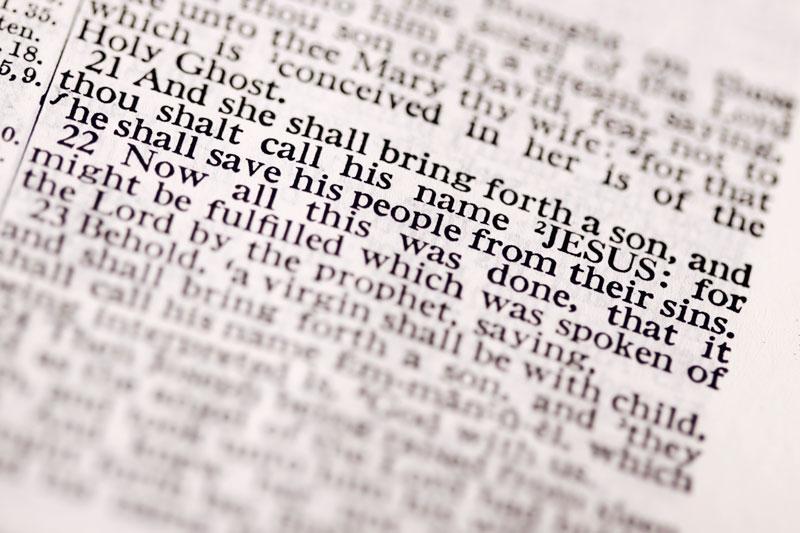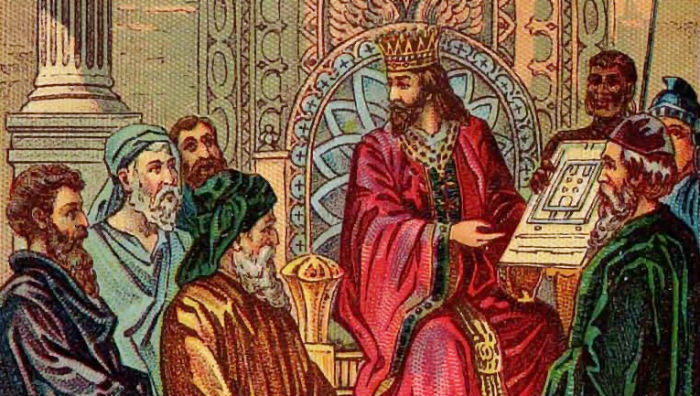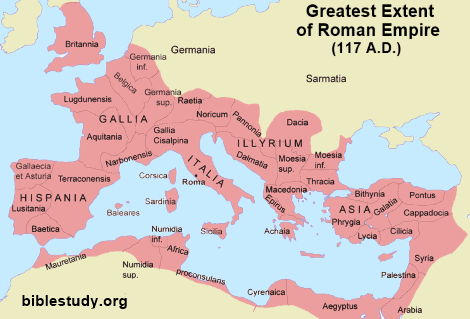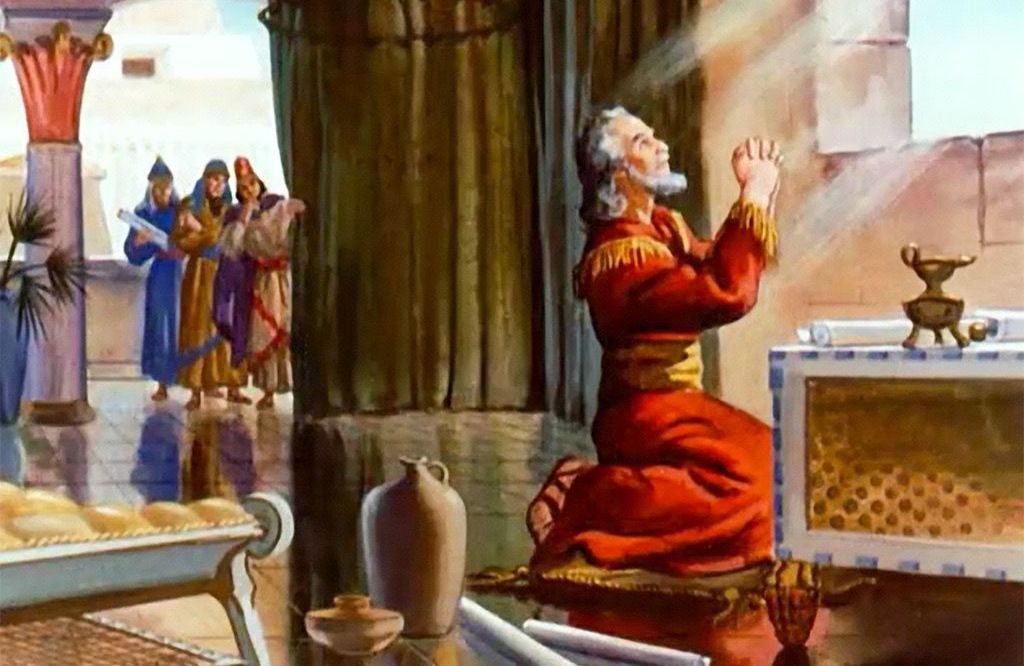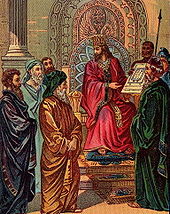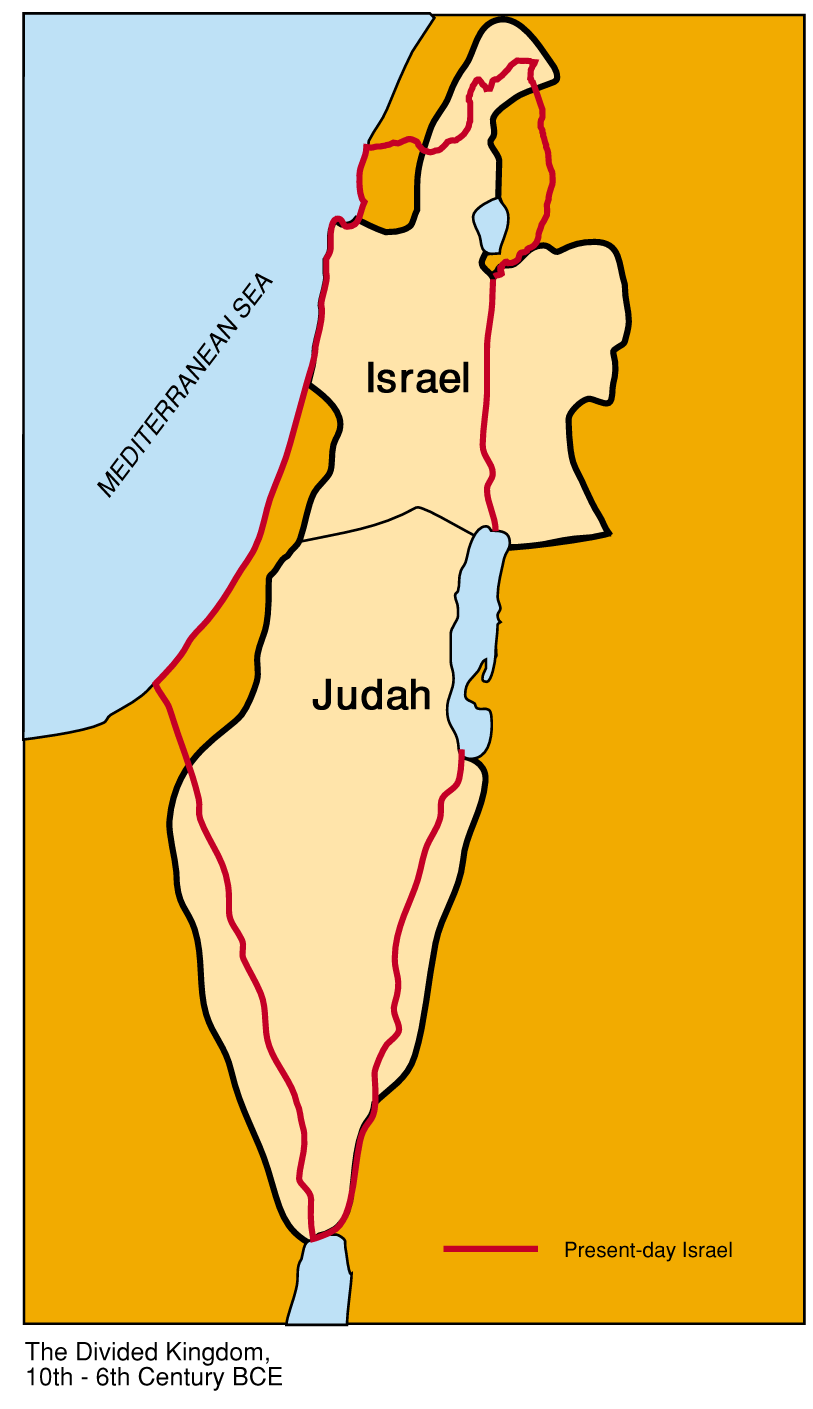
Introduction:
In our last post on our series "Bird's Eye View of the Bible", we looked at four reasons why Jesus, the Son of God, came to become also truly man for us:
1. To provide righteousness by His
perfect obedience.
2. To provide redemption by His death
on the cross.
3. To raise from the dead.
4. To ascend and inaugurate His royal
reign in Heaven.
For anyone wanting to review the last post for this series, simply click here: http://www.growingchristianresources.com/2020/05/birds-eye-view-of-bible-why-incarnation.html
The point of this series is to explore the Bible through major themes. As to our study through the New Testament, we've looked at what we identified as the first major theme of the New Testament: "incarnation". Today we continue onto a theme which describes what it was that the Son experienced in His descent from Heaven to Earth - "humiliation".
I'm sure none of us want humiliation. We all prefer people to like us. Almost everyone I know, including myself, avoids humiliation in preference to having a better view of themselves or having others look at them in a positive way. Yet, whenever we observe what Jesus did for us by humbling Himself, as truly God, to also be a true human
being, what He did was humiliating.
Why did Holy God lower Himself not only to experience life as a man, but to live a human life in a sinful world that would mock Him, doubt Him and crucify Him? The journey of the Son of God from the glories of Heaven to the sinfulness of this world is worth a closer look. Let's consider some reasons for Jesus' humiliation, or, why He as God came to be man.
1. The humiliation of the Son of God
tells us how much He humbled
Himself to be our Savior.

Philippians 2:5-11 is the key Bible chapter we look to when understanding the journey Jesus took in coming to be a true man while still remaining God. We call this journey of the incarnation the Son's "humiliation". The above depiction of this journey of "humiliation" was first viewed by me in the ESV Study Bible years ago. Other authors and Study Bibles have used similar illustrations to aid in grasping this overall experience of the Son of God from "humiliation" to what will be a later theme to explore in this study, namely "exaltation".
Philippians 2:5-6 tells us, in summary, that Jesus did not consider being equal with the Father as a privilege He ought to keep hold of in a selfish way, but instead, He humbled himself, being found as a man, as a lowly servant. In other words, the eternal Son willingly came to be the man, Jesus Christ, still remained truly God while withholding from Himself the advantages that come with being also God. A case in point is when Jesus states in Matthew 24:36 that no one knows the day nor the hour of His return - including Himself. If we understand that Jesus is speaking with reference to His own self-imposed limitation of access to that area of His omniscience as a man, we then can grasp how it was He yielded Himself to the Father's will (recalling all the while He never ceased being omniscient as truly God).

Anytime someone lowers themselves to give help to those in need, we describe such an act as being "humble". I recall once seeing the pastor of a rather large church grabbing a mop to clean up a spill left by a child. The Pastor could had asked one of his assistants or a church member to do the mopping. Instead, the Pastor rolled up his sleeves and got the job done. He didn't stop being the Pastor of that church. In fact, he then went in to preach a great sermon before a crowd of many. Our Lord Jesus Christ came into this world saying these words: "I have come to do your will, God, as it is recorded of me in the Book" (Hebrews 10:4-5).
2. Jesus humbled Himself to be our
example.

We read of Jesus humiliation once again in Philippians 2:7 - "but emptied Himself, taking the form of a bond-servant, and being made in the likeness of men." Why did Jesus come to be a human being like you and me? Jesus came not only to save us from our sins, but also to restore back our humanity that was greatly harmed by our sins. Jesus is our example of what it looks like whenever any follower of His trusts God in faith, obedience and courage to the end. We read in 1 John 2:6 - "the one who says he abides in Him ought himself to walk in the same manner as He walked." Elsewhere, the Apostle Peter reminds us that Jesus came as a sinless man to serve as our example, so that we could walk in the way he followed after God (1 Peter 2:21-22). The amazing truth about Jesus humbling Himself to experience what it was like to be a man was that He did so willingly (Hebrews 10:4-5).
3. Jesus humbled himself to be a
man to represent sinners on the
cross.

When Jesus died on the cross, a number of results were acheived, among them:
A. Removal of the curse.
B. Forgiveness of sins.
C. Reconciliation or bringing sinners to
God.
Whenever Jesus came into this world, the experience of living life as a man would had more than demonstrated His humility. If all that was needed for Jesus to forgive sin was the bleeding of His blood, then He could had come on a weekend, pricked His finger with a needle, and went back to Heaven. The problem would had been of course that the curse of sin would still had remained, meaning no provision of salvation. Jesus' humbling of Himself as a man included going to the cross, since scripture tells us that His dying on the cross meant taking away the curse of sin (Deuteronomy 21:33; Galatians 3:10-13).
4. Jesus humbled Himself to become the second Adam to give access to the benefits of salvation.
We have looked in past lessons at how the original Adam represented all human beings in the Garden of Eden. When Adam and Eve sinned, it resulted in all human beings being judged as sinners (see Romans 5:12-21). Jesus' humbling of himself to become a man functioned as a second type of Adam, a new Adam. He lived such a perfect life as to fulfill the original covenant of works broken by the first Adam which we saw at the beginning of this study (see Romans 5:12-21; 1 Corinthians 15:45-47). The original Adam brought about death and a curse on all human beings. Jesus came to be cursed on the cross and make forgiveness available to all who receive Him by faith (Gal. 3:10-13).
We can also see how the cross resulted in providing forgiveness of sins. He provided the right to be with God due to Himself being the perfect man, meaning, all humans who trust in Him by faith inherit salvation on forgiveness of sins (Romans 3:25-26). We understand from the Old Testament that only God can forgive sins (that is, grant salvation to all who trust in Him, Isaiah 43:10; Jonah 3:9). For God to forgive sinners, there must be payment given to God by the giving of an innocent life on behalf of the sinner. We've talked about this in a past lesson, calling Jesus' payment to provide forgiveness of sins "redemption".
Lastly, Jesus' humiliation on the cross meant that the ability for God and believing sinners to be together could really take place (1 Peter 3:18). One of the descriptions the New Testament gives of everyone born into this world is that they are "lost", meaning they are separated from God and His enemies (Ephesians 2:1-3, 12). The moment we trust in Jesus results in us being brought into a relationship with God - or what the Bible calls, "reconciled" (2 Corinthians 5:15-20).
Jesus certainly went through a lot of stuff to accomplish our salvation. Thankfully, there is more beyond the state of humiliation, which is what we will look at in the next theme.





